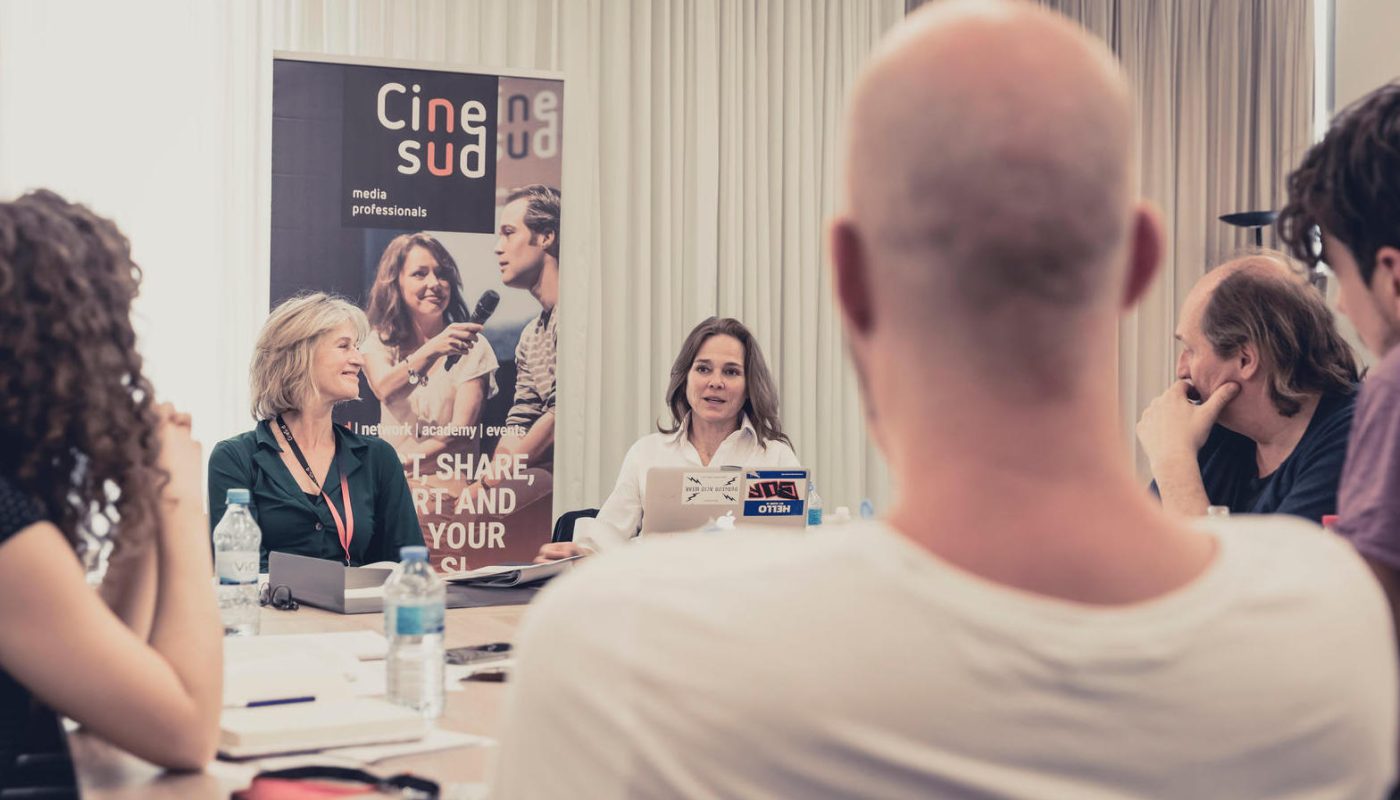

"The more diversity we teach and show in culture, color, and background, the richer we become."
Dutch scriptwriter Moniek talks about theater, structure and the promising future of young filmmakers.
Geplaatst op 7 maart 2019

Dutch scriptwriter Moniek talks about theater, structure and the promising future of young filmmakers.
Geplaatst op 7 maart 2019